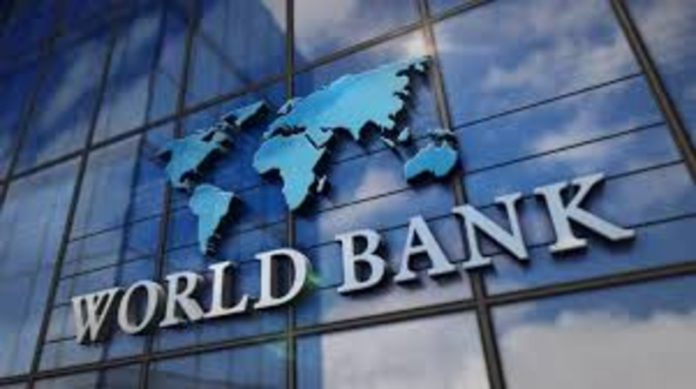Ghana’s poor score in the World Bank’s B-READY categories signals challenges to creating an enabling environment that encourages private sector investment, the World Bank has revealed.
For instance, the country scored 32 in Market Competition, 41 in Business Entry and 55 in Dispute Resolution.
According to the Bretton Woods latest 2025 Economic Update, there is a growing mismatch between rising education levels and the availability of high-quality jobs.
As such, there is the probability of securing a high-quality job at all levels of education declining.
“A rapid increase in the number of workers with higher levels of education—without a corresponding rise in high-quality jobs—may be driving down the returns to education. But low education quality -as measured by Ghana’s poor performance on standardized test scores- could also be playing an important role”.
The report also pointed out that there is not enough job creation for a growing workforce.
There is a mismatch between working-age population growth and employment growth.
The report also expressed worry about the youth not seeking employment after completing their studies. They most commonly cite the lack of adequate jobs as the reason.
Secondly, the job shortage is masked by significant outmigration of youth with about one million youth are estimated to live abroad.
Weak Labour Demand in Productive Sectors
The report also stressed the weak labor demand in the productive sectors.
Between 2012 and 2023, it said self-employment accounted for twice as many wage jobs created outside agriculture.
Again, the sectors that generate the largest numbers of waged jobs for medium-skilled workers—such as manufacturing, construction, and domestic services—are among the slowest growing in Ghana
The report served as a foundation for more detailed analyses in the forthcoming World Bank Growth and Jobs Report for Ghana.
It also identified five key challenges that a comprehensive growth and jobs strategy will need to address.
Source: Joy Business



